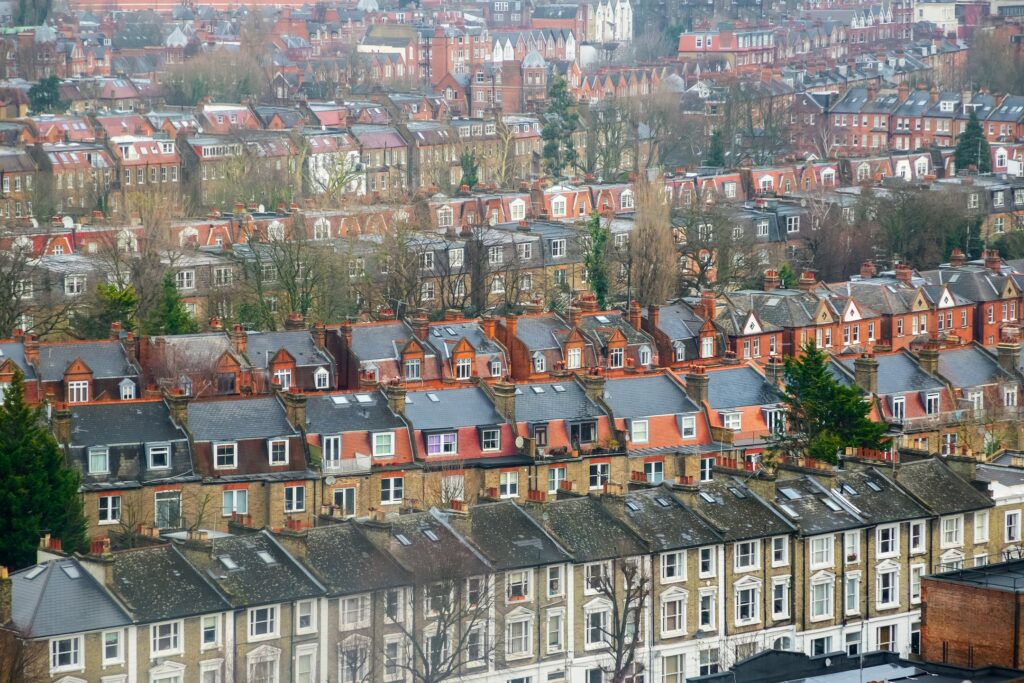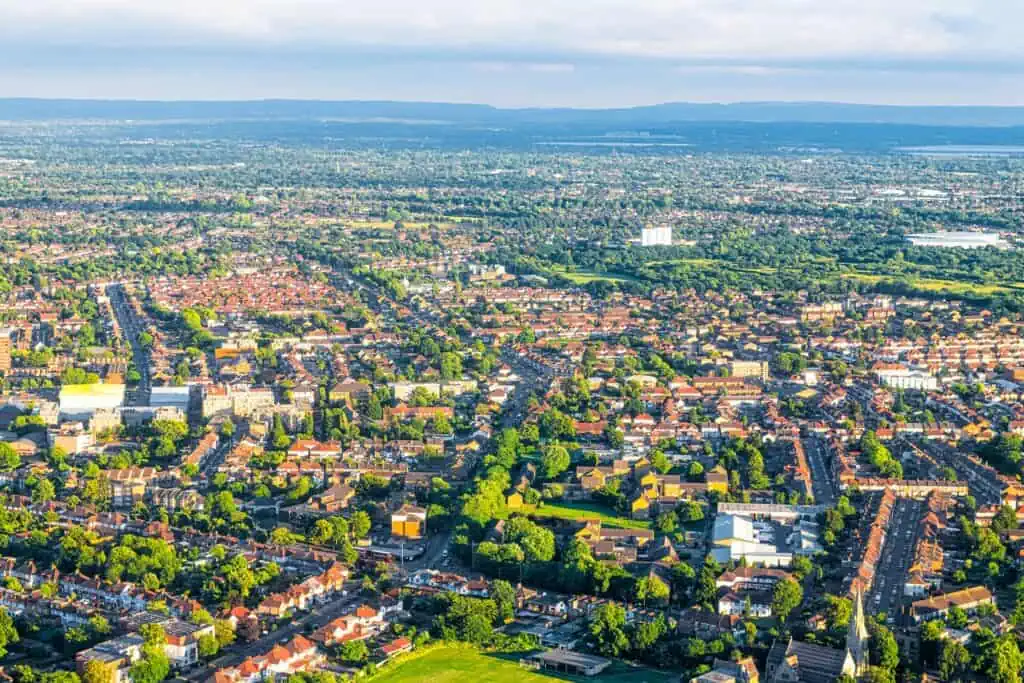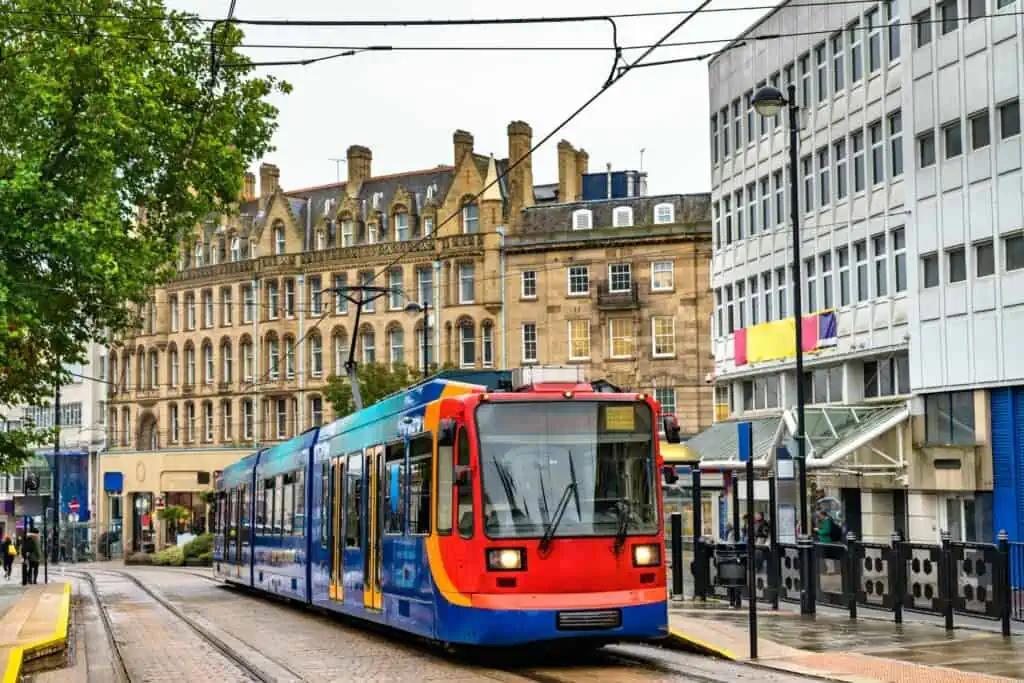Social housing in the UK refers to housing provided by the government or non-profit organisations to individuals and families who cannot afford to rent or buy a home in the private market. Social housing in the UK has a long and complex history.
Presently, there is a pressing demand for social housing in the UK, with over 1.4 million individuals urgently requiring such assistance. Furthermore, the UK government acknowledges that 8.5 million people have unmet housing needs. There are 1.1 million households officially documented on waiting lists, but the real figure of those waiting is approximately half a million more.
Alarmingly, two million children in England, which equates to one in every five, are residing in homes that are either overcrowded, unaffordable, or unsuitable for their needs. Notably, local authorities in the UK spent more than £1.4 billion on temporary accommodation last year.
Here are some key features and aspects of social housing in the UK:
Affordability:
Social housing units are rented at below-market rates. Rent is usually set at a level that is affordable for people with lower incomes.
Eligibility:
Eligibility criteria for social housing may vary from one local authority to another, but it generally prioritises households with the greatest need, such as those who are homeless, living in overcrowded conditions, or facing other housing-related challenges.
Quality Standards:
Social housing units are expected to meet specific standards for safety and quality. Local authorities are responsible for maintaining and inspecting these properties to ensure they meet these standards.
Long-Term Tenure:
Social housing is often designed to provide long-term stability for residents. Tenants may have the option to remain in their housing for extended periods, promoting stable communities.
Mixed-Income Communities:
In some cases, social housing is integrated into mixed-income developments, where affordable housing units are intermingled with market-rate units. This approach aims to promote economic diversity and reduce social segregation.
Right to Buy:
The UK government introduced a policy called “Right to Buy” in the 1980s, which allowed social housing tenants to purchase their homes at a discount. This policy has led to the sale of many council-owned properties to their tenants, reducing the overall supply of social housing.
Housing Associations:
In addition to council-owned social housing, there are also housing associations in the UK that provide affordable housing. These are non-profit organizations that build and manage affordable homes, often with government funding and oversight.
Waiting Lists:
Due to the demand for social housing in the UK, there are often waiting lists for available units. Priority is typically given to those in the greatest need.
Social housing plays a crucial role in addressing the housing needs of low-income and vulnerable populations in the UK. The goal is to provide safe, affordable, and stable housing for those who need it most.

Who Qualifies for Social Housing in the UK?
The eligibility criteria for social housing in the United Kingdom can vary depending on the specific local authority or housing association responsible for managing the housing. However, there are some general guidelines and criteria that are commonly applied across the UK. It’s important to note that these criteria can change over time and may differ in different regions of the UK. Here are some common eligibility criteria:
Residency: Typically, you need to be a legal resident of the UK to qualify for social housing. This includes UK citizens, refugees, and some categories of immigrants with the right to reside in the UK.
Income and Financial Need: Social housing is generally intended for individuals and families with lower incomes who cannot afford to rent or buy a home in the private market. Eligibility often depends on your income and financial circumstances. Priority may be given to those with the greatest need, such as people who are homeless or living in overcrowded or unsafe conditions.
Local Connection: Many local authorities give preference to applicants who have a “local connection” to the area, which may include living or working in the area or having close family ties there.
Vulnerability: Some social housing is allocated based on vulnerability criteria. This could include people with disabilities, those fleeing domestic violence, or individuals with specific support needs.
Age: Certain social housing properties may be reserved for specific age groups, such as older adults or young people leaving care.
Legal Status: Some local authorities may have specific eligibility requirements based on your legal status in the UK, including immigration status.
It’s important to emphasise that eligibility criteria can change, and they may vary from one local authority or housing association to another. Your local council or housing association can provide you with the most up-to-date information and guidance on social housing in your area.
What Qualifies as Social Housing in the UK?
Qualifying as social housing in the UK typically involves meeting certain criteria related to ownership, management, affordability, and purpose.
Social housing is owned or managed by public-sector bodies, such as local authorities (councils) or registered housing associations (also known as housing providers or social landlords). These organisations are responsible for the ownership, maintenance, and allocation of social housing properties.
How Does Social Housing Work in the UK?
Here’s how social housing works in the UK:
-
Application Process:
Individuals and families in need of social housing typically start by applying to their local council. Each council manages its own social housing waiting list and has its own application process. Applicants are asked to provide information about their housing needs, income, family size, and any special circumstances that may affect their eligibility or housing requirements.
-
Eligibility Assessment:
Local authorities assess applicants’ eligibility based on criteria such as income, residency status, and vulnerability. Priority is often given to those in the greatest need, such as homeless individuals or families, those living in overcrowded conditions, or those facing other housing-related challenges.
-
Waiting Lists:
Due to the high demand for social housing and limited availability, there are often waiting lists. Applicants may need to wait for an extended period before they are allocated a suitable social housing unit. The length of the wait can vary widely depending on factors like the local housing market and the applicant’s circumstances.
-
Allocation:
When a social housing unit becomes available, it is allocated to an eligible applicant based on the local authority’s allocation policy. The allocation policy considers factors such as housing need, local connection, vulnerability, and any specific criteria set by the local authority.
-
Rent and Tenancy:
Social housing units are rented to tenants at below-market rates, making them affordable for those with lower incomes. Rent levels may be set based on the tenant’s income. Tenants typically have secure tenancies, which provide long-term stability and security in their homes.
-
Maintenance and Management:
Local authorities or housing associations are responsible for the maintenance and management of social housing properties. They ensure that the properties meet safety and quality standards, and they address maintenance issues as needed.
-
Support Services:
Some social housing providers offer support services to tenants, especially those with special needs or vulnerabilities. This can include assistance with finding employment, access to healthcare, or support for individuals with disabilities.

Can You Invest in Social Housing?
Yes, anyone can invest in Social Housing. 365 Invest presents a portfolio of investment opportunities in social housing properties, offering a valuable solution to the issues presented by lack of Social Housing. These prospects are advantageous for both investors and those in vulnerable housing situations requiring security. These properties are meticulously crafted to meet the housing needs of vulnerable adults, prioritising their well-being by furnishing a safe and comfortable living environment.
Beyond the societal contributions, investing in social housing brings forth a multitude of additional advantages.










